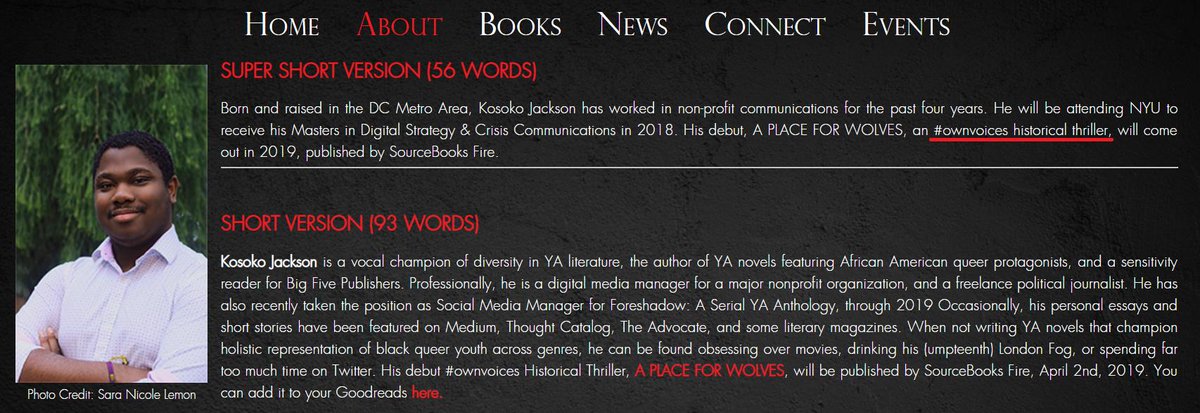The editor's basis for saying this was that they, the editor, had been watching the show "Atypical."
Buckle up: I am going to talk about this AT LENGTH.
Then when I am done with that I will suggest some things you can do instead.
There are several types of autistic representation on TV, from good to horrible. None of them should be used as a litmus test for another character's autisticness.
A really common problem is when a writer wants to be "good" and "accurate," so they talk to... doctors.
Why is this a problem? I will explain.
They talk about autism in terms of deficits and ways that the autistic person is broken. Their view of these deficits is stereotypical and often just wrong.
Not all doctors, but MANY.
These are doctors IRL who prescribe abusive therapies or who refuse to listen to autistic patients (even diagnosed ones) about their experiences.
This mismatch is not autistic people's fault.
But EVEN GREAT AUTISTIC FICTION should not be used as a litmus test for whether new characters are "autistic enough."
One autistic person can look very different from another.
It has to do with the gatekeeping many autistic adults experience in real life.
Many of us get good at not acting autistic.
Then we try to access supports.
Just be aware that it's this whole thing, and that it's a sore spot for many of us.
Here are some ideas.
If you aren't autistic yourself and you are reading an #ownvoices autistic character, maybe trust that the author at least mostly knows what they're talking about when it comes to portraying autism.
Many autistic people work as sensitivity readers and would be happy to discuss a work of #ownvoices autistic fiction with you.
Read books like "Loud Hands" and "Knowing Why." Read our memoirs and our fiction. Lurk on a tag like #actuallyautistic and see what we're talking about.
Quit telling autistic people that their work isn't valid unless it matches TV.
Quit making yourself the judge of how to describe a condition you haven't experienced.
Listen to autistic people.
While I was still writing it, even.
Obligatory self plug: I'm an #actuallyautistic author myself; I review a lot of autistic fiction; my debut novel THE OUTSIDE comes out in June; and if you want to support my work, I have a Patreon. patreon.com/ada_hoffmann






